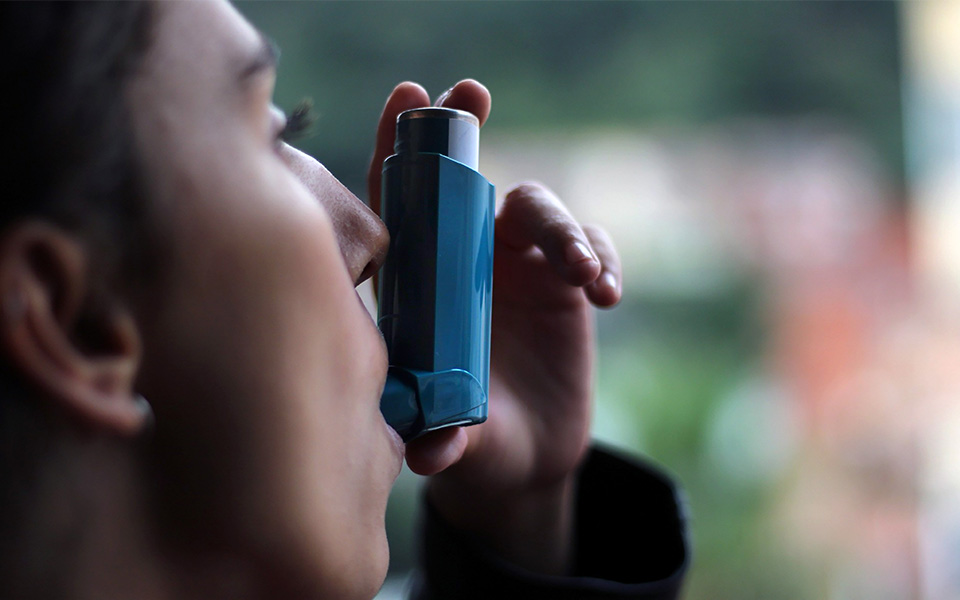Roughly 4 million adults 65 and older live with asthma. Spring allergens, like pollen, can trigger your body’s immune response, causing symptoms that could worsen your asthma.
Being proactive about managing your allergies can lower your risk of an asthma attack.
What is Asthma?
It’s a chronic inflammatory disease that narrows your airways and increases mucus production. The immune responses triggered by allergic reactions can induce asthma attacks.
Asthma symptoms include:
- Coughing
- Wheezing
- Shortness of breath
- Chest tightness or pain
Here are allergy symptoms to watch out for:
- Coughing
- Sneezing
- Runny or itchy nose
- Watery eyes
- Throat irritation
- Nasal congestion
Spring Allergens That Could Trigger Asthma
There are various indoor and outdoor allergens that could affect your asthma, including:
- Tree pollen
- Grass pollen
- Mold spores
- Mildew
- Pet dander
- Dust mites
- Smoke
- Dry or humid air
How to Manage Springtime Asthma
Identifying your triggers is the first step in successfully managing your asthma. Be proactive and talk with your doctor about over-the-counter and prescription allergy medicine, eye drops and nasal sprays.
Beginning an allergy medication regimen as soon as possible gives your body time to build up resistance against springtime allergens.
Here are some other tips to help you manage your asthma during spring:
Practice good hygiene: Wash your hands and face after you’ve been outside to get rid of pollen and other allergens. Wash clothes, bedding and blankets regularly to get rid of dust and pet dander.
Vacuum: Sweep carpeting, rugs and furniture at least once a week to prevent allergens from collecting on soft surfaces.

